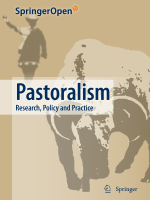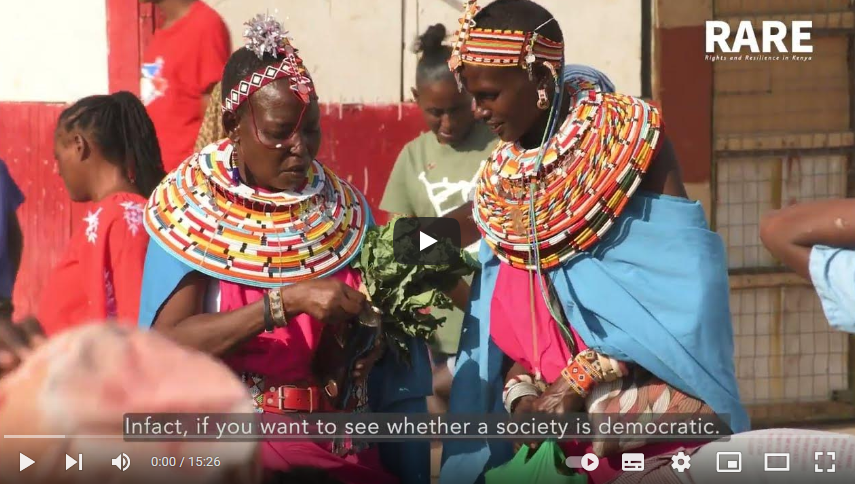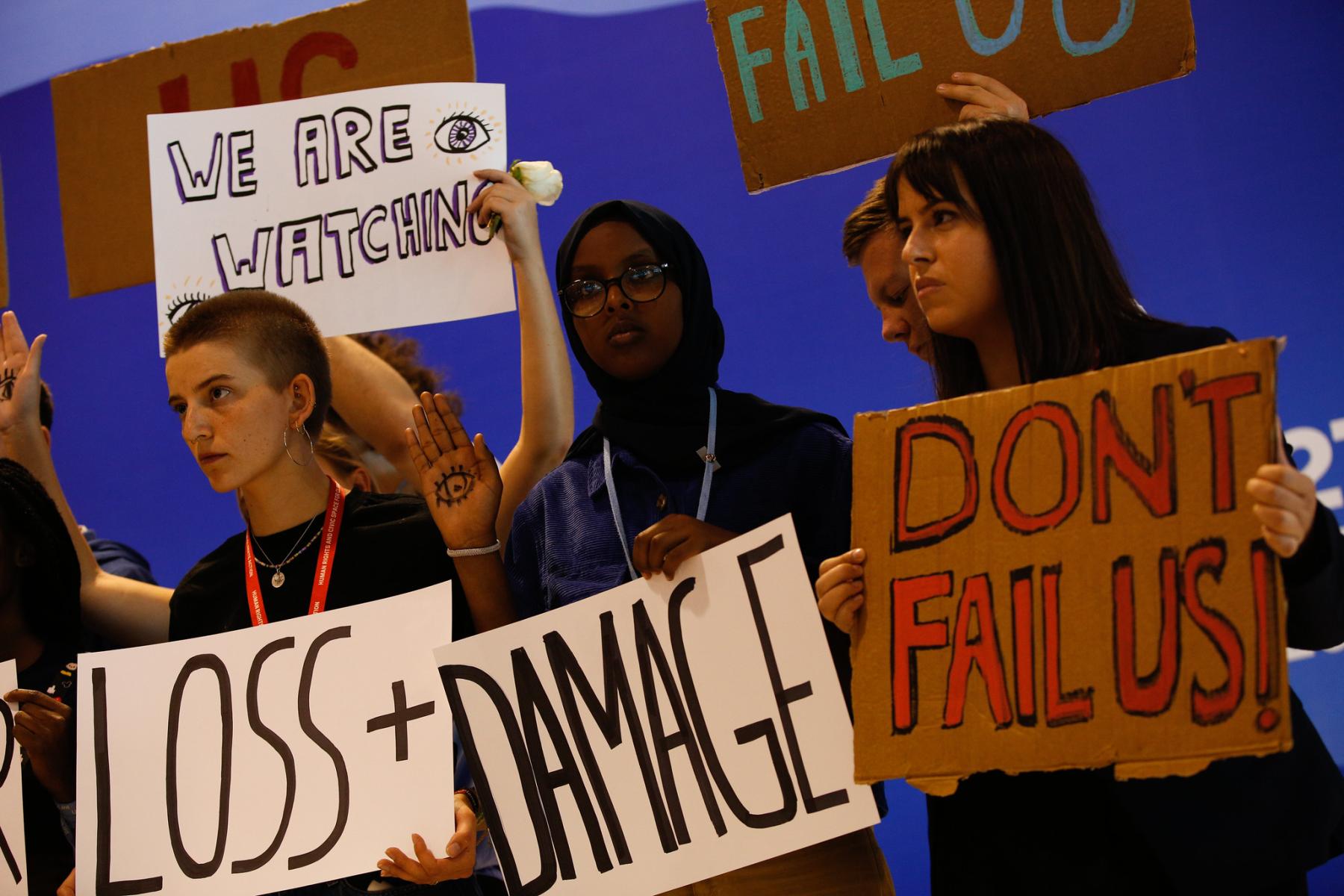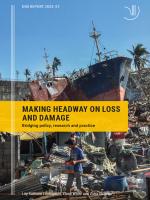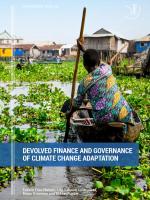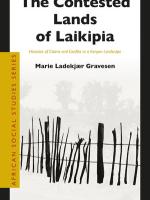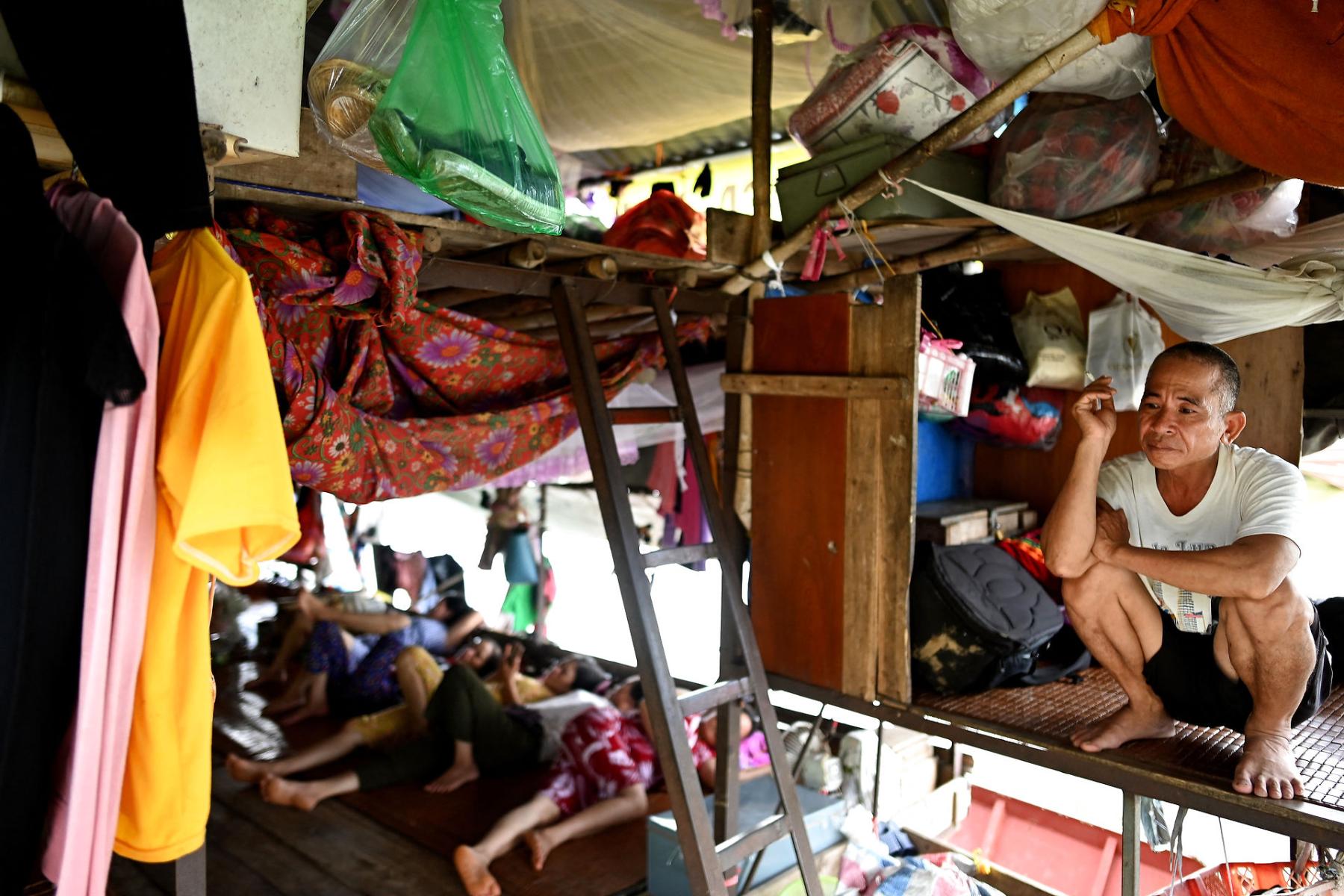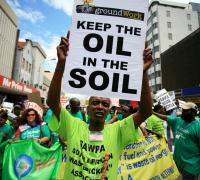Suburban pastoralists: Pastoral adaptation strategies at the rural-urban interface in Nairobi, Kenya
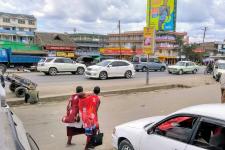
As climate change unfolds and governments fail to meet their goals, communities around the world must find their own ways to deal with the changing climate. Understanding such autonomous adaptation strategies is important and can lead to surprising findings.
This new article by Sylvia Rotich, Martin Marani and Mikkel Funder examines autonomous adaptation at the frontline of urban expansion in the suburbs of Nairobi. They show how Maasai herders – popularly associated with quintessential “rural Africa” – are actively engaging and contributing to the evolution of suburban landscapes as they seek to improve their livelihoods in a context of climate change. Amidst shopping malls, industrial estates and sprawling middle class neighbourhoods, Maasai pastoralists are adjusting their livelihoods to deal with the changing landscapes of the Anthropocene.
The research highlights that:
- Climate change adaptation must be understood in the context of wider changes in livelihoods, land use, and land rights. Support to climate change adaptation must take these factors into account, rather than addressing people’s adaptation as isolated actions.
- Conventional distinctions between “urban” and “rural” stakeholders and strategies in climate change adaptation must be reconsidered. Support to climate change adaptation must move beyond traditional planning boundaries to understand the dynamic nature of people’s adaptation strategies.
- People’s personal histories and socio-economic situation influence how they adapt. Differentiated support for different types of strategies are needed, rather than “one-size fits all”.
The research is part of the Rights & Resilience (RARE) research programme in Kenya, a collaboration between University of Nairobi, University of Copenhagen, Roskilde University, the International Livestock Research Institute and DIIS. The programme is funded by the Ministry of Foreign Affairs of Denmark and administered by the Danida Fellowship Centre.
A video describing the RARE programme can be seen here:
DIIS Experts

